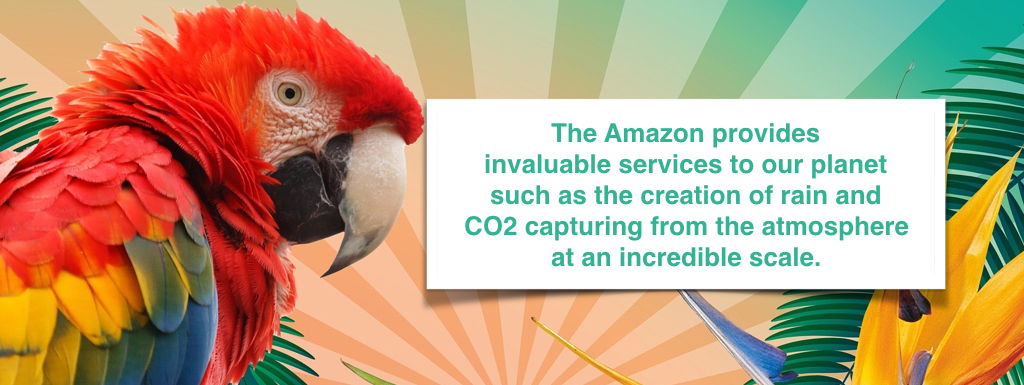At the Opening Ceremony of the Rio Olympics 2016, environmental conservatism took center stage as Brazil celebrated their incredible agricultural legacy and highlighted an ambition to become a global leader in sustainability. Currently the 4th largest agricultural power in the world, Brazil is the foremost producer of sugar, coffee and oranges, as well as a significant producer of soybeans and corn. In the last decade alone, its agroeconomy doubled, reaching USD $476 billion in 2015. Being and agricultural success as well as a sustainability leader is a formidable feat in which this south american giant has certainly excelled.
Over the last few decades Brazil has become an innovator in environmental protection. In 1992, the United Nations Conference on Environment and Development (also known as the Rio Earth Summit) announced to the world the dangerous impacts of fossil fuel production and other anthropogenic activities. More than 172 governments came together for these conferences in Brazil to create the United Nations Framework on Climate Change, eventually leading to the Kyoto Convention and the recent Paris COP21 agreements that have propelled the current era of environmental conservatism.
Brazil has waved the flag of sustainability, protecting and developing their rich supply of natural resources in order to become one of the most significant breadbaskets of the 21st Century. One-third of the world’s rainforests exists between its boundaries. Two-thirds of the famous Amazon rainforest, with its 40,000 plant species, 427 mammals, over 1,300 birds and more than 100,000 invertebrates, reside in Brazil. The Amazon and other natural areas like the Pantanal provide invaluable services to our planet such as the creation of rain and CO2 capturing from the atmosphere at an incredible scale.
Brazil’s supply of natural resources is immense, with more fresh water than any other country in the world, only 14% of its arable land in use and highly favorable weather for agricultural production. The sustainable management of these resources has been a priority for the government for decades. Brazil created the Ministry of Agrarian Development in 1999 to oversee land reform and promote sustainability, placing the environment front and center in their agricultural policies. The Brazilian Agricultural Research Corporation (EMBRAPA) works hand in hand with the Ministry of Agriculture, Livestock and Food Supply to propose and oversee the best and strictest sustainable practices throughout the country. This alliance helps determine the right crops to produce depending on local weather and ecosystems. They prohibit excessive irrigation and the overuse of synthetics in crop care while promoting the use of cover crops, organic agricultural inputs and integral pest management and conservation strategies such as intercropping, wildlife relocation as well as wildlife reserve areas within larger agricultural lands. All these practices, when faithfully followed, raise the agricultural standards and requirements across all spheres of influence.
The Olympics’ opening ceremony focused greatly on the challenges of climate change, placing the issues of increasing global temperatures, sea levels rising and the polar ice caps melting at center stage and in front of an estimated 3 billion viewers around the world. In an event that reflected our global community working together to protect future generations, the Olympic Ceremony presented each athlete with a seedling, and each delegation with a different species, to plant during the event. In the last few years, sustainability has been changing from an energetic trend to a lifestyle deeply rooted in all aspects of our lives.

